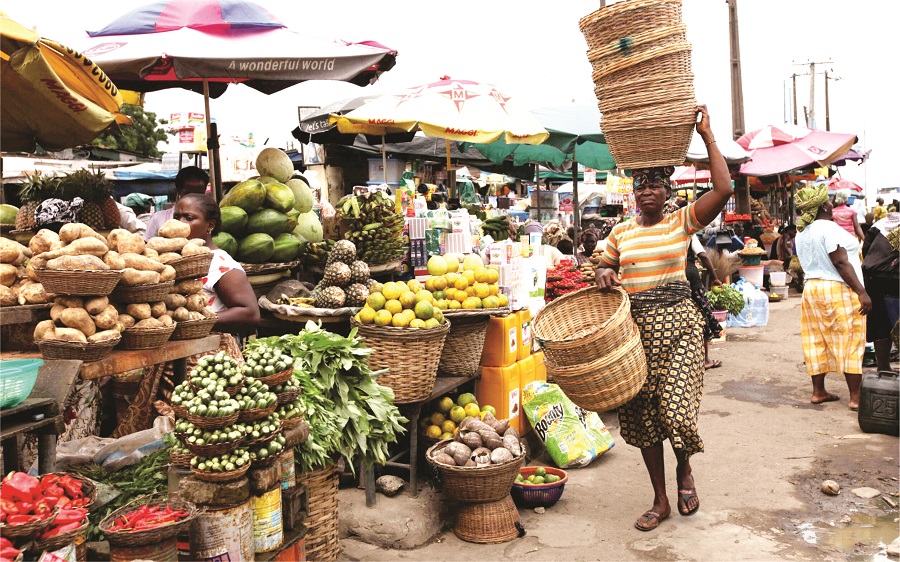African economic experts and climate change activists have called on African governments to focus on attaining “food sovereignty” rather than focusing more on “food security” to address the structural defect in the global financial architecture and international trade system.
According to the March, 2023, Cadre Harmonisé, a government-led and UN-supported food and nutrition study conducted twice a year, about 25 million Nigerians face the danger of hunger if immediate action is not taken. This is an increase from the 17 million people who were previously thought to be in danger of food insecurity.
The main causes of this worrying trend include violence, climate change, inflation, and rising food prices.
The Food and Agricultural Organisation (FAO) described food sovereignty as the ability of a people to determine their own food and agricultural system, as well as their right to access healthy food that is suited for their culture and environment.
Foundation urges FG to invest in ICT for teens
Where Is ECOWAS Standby Force?
The experts said food security was when people had access to enough, safe and nourishing food, even if substantial parts of the food were imported, just like the situation before the introduction of the Anchor Borrower Programme (ABP), when Nigeria imported most of its food items: rice, wheat, maize, tomato, among others.
The believe that food sovereignty, which is a more comprehensive system, is the best way to go for African countries, noting that it guarantees that food is produced in a way that is both compatible with the ecosystem in which it is produced and acceptable to cultural norms.
Fadhel Kaboub, an associate professor of economics, Denison University, and President, Global Institute for Sustainable Prosperity, argued that focusing on food sovereignty would help countries in Africa to save billions of dollars on food import and subsidies.
Speaking at the just concluded Africa Climate Journalists Training ahead of the African Climate Change Submit in Nairobi, Kenya, he said the most suitable way to address the imbalances in global trade between developed countries and African countries was to produce food domestically that suited “our context”, adding that any amount of food produced locally equaled the amount of foreign exchange (forex) saved.
He said the imbalance in the annual financial flow from developing countries to countries that were already developed valued at $2trn driven by food, energy shortage and low value-added industrialisation.
He worried that failure to focus more on “these three components” would make African countries to continue to remain weak at the negotiating table at the global climate discuss and intervention.
He further said, “Focus on collective resilience: food sovereignty, renewable energy sovereignty, water security, education/training, healthcare, transportation, etc. This is how a country acquires a higher degree of economic and monetary sovereignty.
“If a country/regional block lacks this basic level of resilience, it has no bargaining chips, it can’t walk away from a negotiation table, and it will continue to lose its economic and monetary sovereignty.”
He noted that the current agricultural system many Africa countries practiced were dictated by the developed countries and were weak to address the issues of food sovereignty on the continent, citing the problems created by the Russia-Ukraine war.
Philip Osano, the Centre Director, Stockholm Environment Institute, Africa, painted a warring problem facing countries like Nigeria, where agricultural productivity is severely dropping at unprecedented levels.
He said studies had shown that Nigeria and other West African countries needed to do more on building resilient agricultural systems as the impact of climate change was likely to cause more havoc like the flood disasters witnessed in 2012 and 2022 and the moderate drought the country was witnessing in the last few years, which he noted affected the productivity of farmers.

 Join Daily Trust WhatsApp Community For Quick Access To News and Happenings Around You.
Join Daily Trust WhatsApp Community For Quick Access To News and Happenings Around You.


